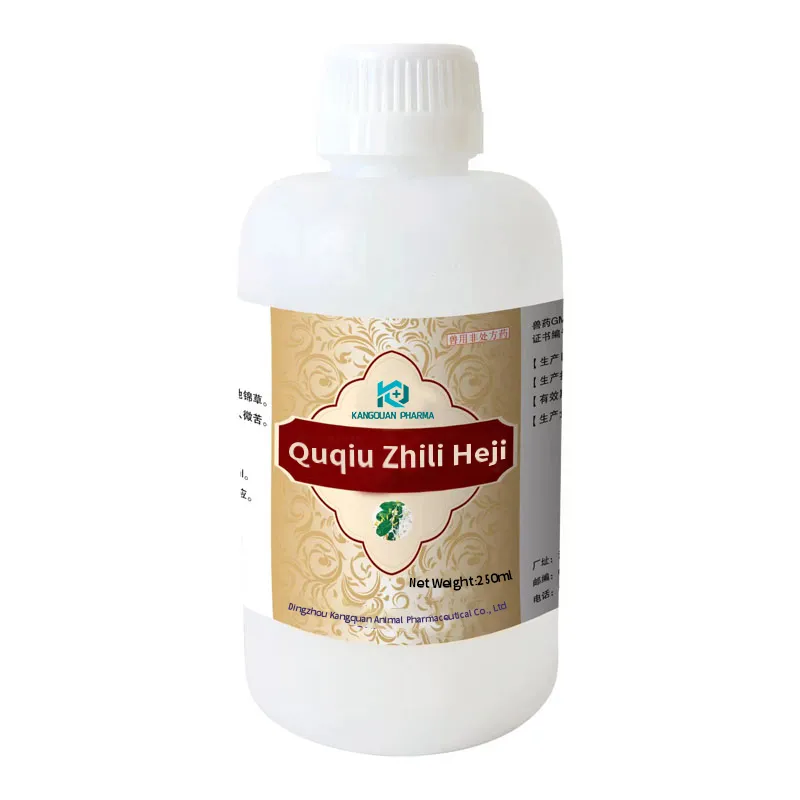- Afrikaans
- Albanian
- Amharic
- Arabic
- Armenian
- Azerbaijani
- Basque
- Belarusian
- Bengali
- Bosnian
- Bulgarian
- Catalan
- Cebuano
- Corsican
- Croatian
- Czech
- Danish
- Dutch
- English
- Esperanto
- Estonian
- Finnish
- French
- Frisian
- Galician
- Georgian
- German
- Greek
- Gujarati
- Haitian Creole
- hausa
- hawaiian
- Hebrew
- Hindi
- Miao
- Hungarian
- Icelandic
- igbo
- Indonesian
- irish
- Italian
- Japanese
- Javanese
- Kannada
- kazakh
- Khmer
- Rwandese
- Korean
- Kurdish
- Kyrgyz
- Lao
- Latin
- Latvian
- Lithuanian
- Luxembourgish
- Macedonian
- Malgashi
- Malay
- Malayalam
- Maltese
- Maori
- Marathi
- Mongolian
- Myanmar
- Nepali
- Norwegian
- Norwegian
- Occitan
- Pashto
- Persian
- Polish
- Portuguese
- Punjabi
- Romanian
- Russian
- Samoan
- Scottish Gaelic
- Serbian
- Sesotho
- Shona
- Sindhi
- Sinhala
- Slovak
- Slovenian
- Somali
- Spanish
- Sundanese
- Swahili
- Swedish
- Tagalog
- Tajik
- Tamil
- Tatar
- Telugu
- Thai
- Turkish
- Turkmen
- Ukrainian
- Urdu
- Uighur
- Uzbek
- Vietnamese
- Welsh
- Bantu
- Yiddish
- Yoruba
- Zulu
8 月 . 07, 2024 18:00 Back to list
Exploring the Uses and Benefits of Ivermectin Injection in Sheep Health Management Practices
The Use of Ivermectin Injection in Sheep An Overview
Ivermectin is a widely used antiparasitic agent that plays a crucial role in the health management of sheep. As a broad-spectrum veterinary drug, it has been effective against a range of internal and external parasites, including nematodes, arthropods, and ectoparasites. The injection form of ivermectin is particularly advantageous due to its rapid absorption and prolonged efficacy, making it a preferred choice for sheep farmers striving to enhance the health and productivity of their livestock.
Mechanism of Action
Ivermectin works primarily by binding to specific channels in the nerve and muscle cells of parasites. This binding causes paralysis and death of the parasites, effectively clearing the infestation. The drug targets glutamate-gated chloride channels and GABA (gamma-aminobutyric acid) receptors, which are vital for the nervous system function in invertebrates. Its effectiveness against a broad spectrum of parasites makes it a valuable tool in sheep health management.
Indications for Use
The injection form of ivermectin is commonly used to treat and prevent infestations caused by various parasites. These include internal parasites such as gastrointestinal roundworms (e.g., Haemonchus contortus) and lungworms, as well as external parasites like lice, mites, and ticks. Farmers often administer ivermectin during strategic times of the year, such as prior to lambing or during periods of high parasite load, to help minimize the impact of these pests on the health of their sheep and optimize their production.
Dosage and Administration
ivermectin injection sheep

The dosage of ivermectin injection for sheep typically depends on factors such as the animal's weight and the specific parasite being targeted. A common dosage is 0.2 mg/kg of body weight administered subcutaneously or intramuscularly. It's essential that farmers adhere to the recommended dosage and administration guidelines to ensure the safety and efficacy of treatment. Moreover, proper handling and administration practices help minimize stress for the animals and reduce the risk of any adverse effects.
Safety and Precautions
While ivermectin is generally considered safe for sheep, several precautions should be taken. Overdosing can lead to toxicity, evidenced by symptoms such as lethargy, incoordination, or even severe neurological symptoms. Importantly, ivermectin should not be administered to certain breeds of sheep, particularly those that may be sensitive to the drug’s effects. Additionally, farmers should be aware of withdrawal times for meat and milk; adhering to these guidelines is crucial for consumer safety and maintaining market access.
Resistance Concerns
As with many antiparasitic drugs, there is a growing concern regarding the development of resistance among parasites to ivermectin. This underscores the importance of a strategic parasite management plan that includes rotational use of different classes of antiparasitics. Integrating non-chemical controls—such as pasture management practices and maintaining a diverse flock—can also help mitigate resistance development and ensure long-term effective parasite control.
Conclusion
Ivermectin injection has proven to be an invaluable asset in the management of sheep health, contributing to the control of parasitic infestations and ultimately enhancing the productivity of sheep farming. However, responsible use, attention to safety protocols, and an awareness of resistance are vital components of an effective management strategy. By prioritizing these practices, sheep farmers can optimize the health of their flocks and ensure sustainable production in the face of evolving challenges within the livestock industry.
-
The Power of Radix Isatidis Extract for Your Health and Wellness
NewsOct.29,2024
-
Neomycin Sulfate Soluble Powder: A Versatile Solution for Pet Health
NewsOct.29,2024
-
Lincomycin Hydrochloride Soluble Powder – The Essential Solution
NewsOct.29,2024
-
Garamycin Gentamicin Sulfate for Effective Infection Control
NewsOct.29,2024
-
Doxycycline Hyclate Soluble Powder: Your Antibiotic Needs
NewsOct.29,2024
-
Tilmicosin Premix: The Ultimate Solution for Poultry Health
NewsOct.29,2024













